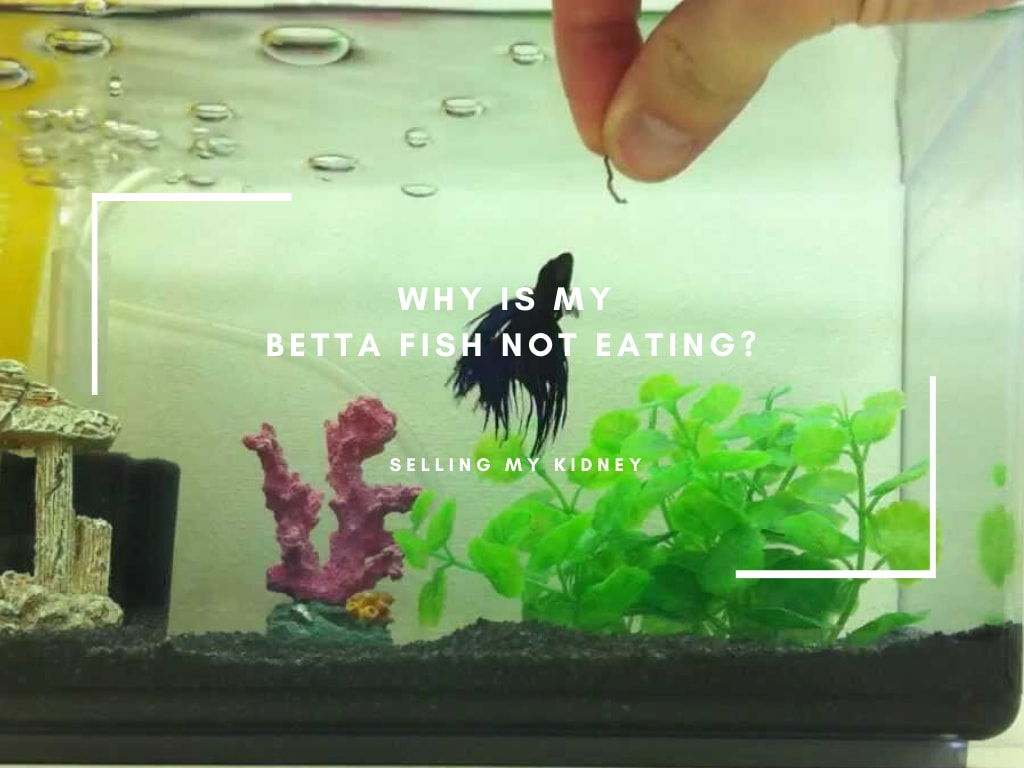Are you afraid that your betta fish will die from not eating? Skipping a few meals here and there isn’t
uncommon for a betta fish.
However, when missed feedings occur regularly or in consecutive days, you might start to wonder if something is seriously wrong with your betta.
If you are looking for a solution, you might want to familiarize yourself with some common betta behavioral traits so that you can better read what your betta is trying to tell you.
Consider some of the common reasons why betta fish refuse to eat.
Why won’t my betta fish eat?
You spoiled it
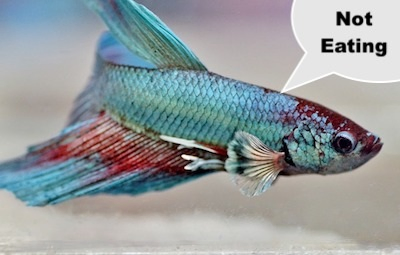
If your betta is used to eating really fancy food, it will not be so excited about eating dried pellets.
Think about it this way – every day for months, you eat gourmet food for every meal. Then suddenly, out of nowhere, all you can eat is flavorless, cold cereal.
Just as you wouldn’t be too thrilled about your meal, your betta is not particularly enthused by this new, boring food.
Solution: If your betta is used to eating fancy or live food, it is not impossible to transition them to a dry pellet food.
You must ease them into their new diet. Start by throwing in a few pellets during a regular feeding and slowly ease towards a higher percentages of pellets.
Eventually, your betta will get used to the new food.
It doesn’t recognize its food

Another problem that may arise from bettas refusing to eat pellets in their new diets is the sheer inability to associate pellets with being food.
It is not so difficult to see why a fish who is used to chasing after wriggling, brightly colored bloodworms could fail to recognize that pellets or flakes are, in fact, food.
Solution: There are some solutions for getting your bettas to eat dry food.
The first is the same as the former trick when dealing with a spoiled betta – ease them into their new diet.
If that doesn’t work, consider finding transitional foods which more closely resemble live food and then build them up to regular pellets.
You have a new betta
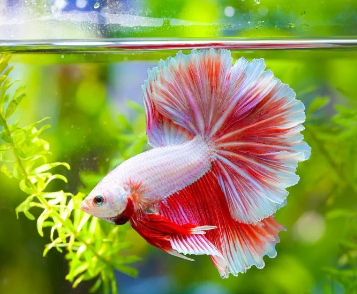
Their reluctance to eat might not be a matter of preference. If you have a new betta who is refusing to eat, it may just be that they are uncomfortable in their new home.
It is perfectly normal for a new betta to feel a little nervous and lose their appetite for the first couple of days.
If this continues though, it can start to have a detrimental effect on the fish’s health.
Solution: What you may need to do if their starvation doesn’t let up is entice them to eat. Offering them a little extra incentive may be the motivation they need to start eating regularly again.
Giving them some irresistible treats, such as live bloodworms, can be a smart thing to do to make sure that they actually can eat.
Remember, if they start eating the treats, take the opportunity to ease them into a healthy diet. Make sure not to overdo it as they can’t just make up for lost time by consuming a lot of food.
You are overfeeding it
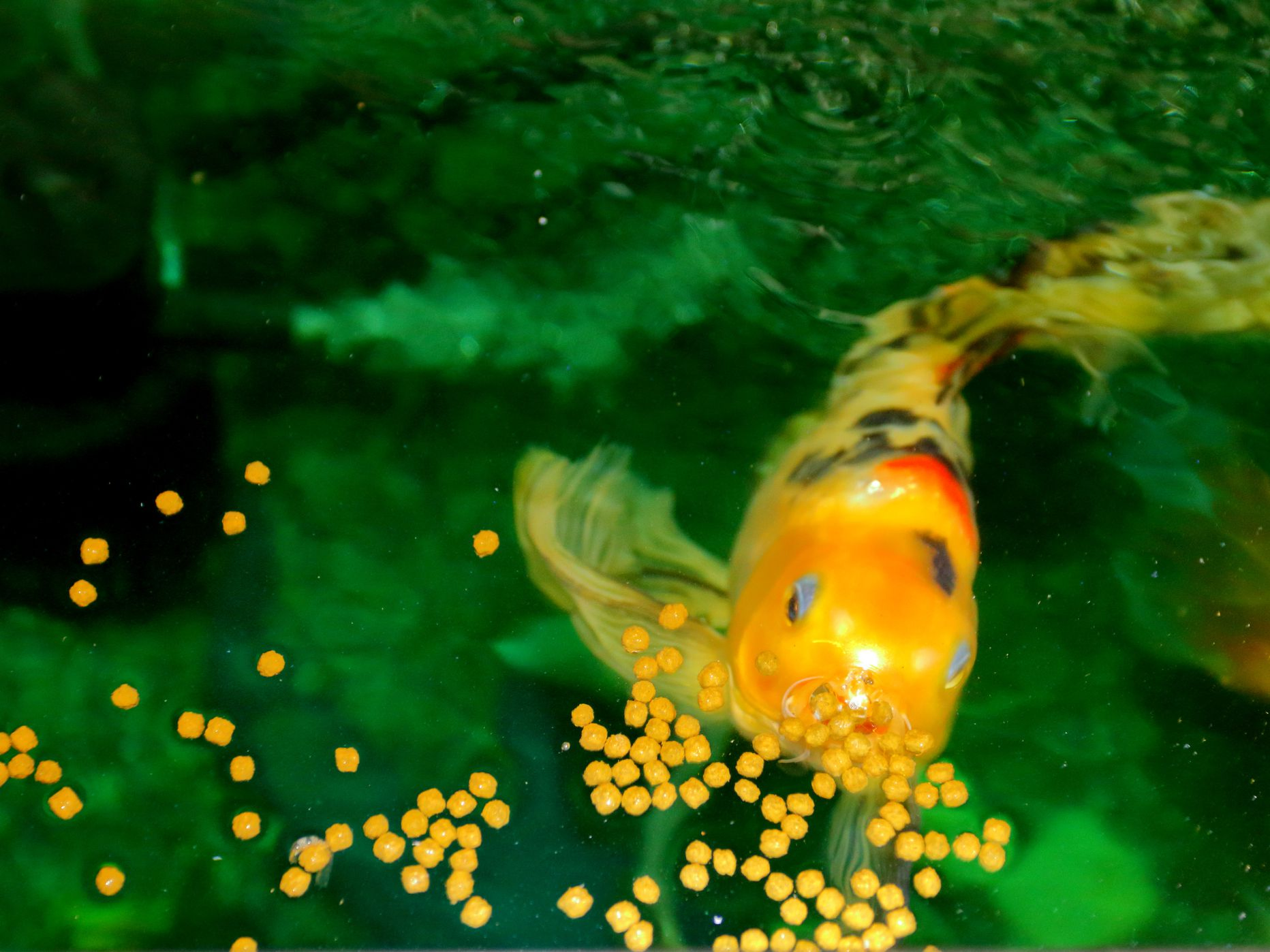
Overfeeding is a bad habit in general. If you notice that your betta isn’t eating its food, it doesn’t
perhaps have anything to do with the fish itself.
Overeating can lead to several health problems for bettas which can discourage them from eating.
For the most part, a betta will simply refuse to eat a large amount of food. The resulting mess of food left behind might mislead you into believing that your betta is not eating.
Solution: Consider watching your betta fish while they eat so that you actually know how much of their food they are eating.
Bettas have very tiny stomachs and actually require very few pellets during a feeding session. Once you learn how much your betta needs to eat before they feel full, adjust their meals accordingly.
The water quality is bad
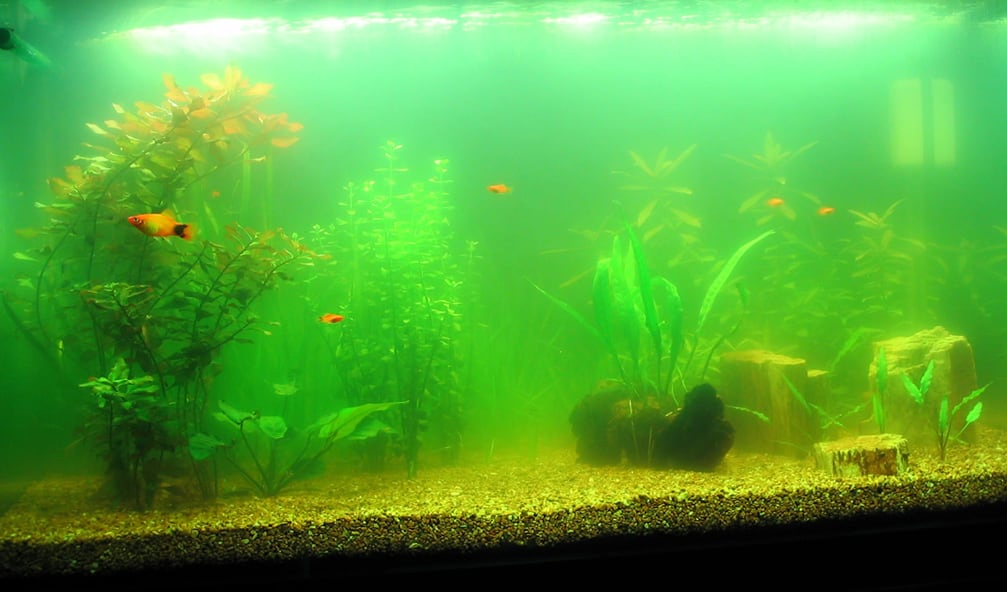
Leftover food can also cause more problems than just a misrepresentation of how much they are eating.
When the food is left to be broken down into the water, it releases damaging chemicals which degrade the water quality and can negatively impact your fish.
Betta fish which are forced to live in such horrible conditions will lose their appetite really quickly. This just means that they’ll leave more food to rot and further ruin the water.
It’s important to note that rotting food is not the only thing which diminishes water quality. A fish’s regular metabolic habits also harm the quality of water. Unfortunately, there are no perfectly clean fish which will require no maintenance at all.
Solution: There are some hacks which you can consider that keep water quality levels good for prolonged periods of time.
Firstly, make sure that your fish lives in a large enough bowl. Despite common misconceptions, bettas need to live in a tank with a volume of at least 2.5 or 5 gallons in order to stay healthy. Additionally, it also won’t hurt to install a filter in your tank (although this doesn’t mean that you will never have to change the water).
Water changes must be conducted every week or every other week, depending on the size of your tank.(check out betta tank here)
Make sure that you test the water regularly. If you don’t have a water quality testing kit, you can
consider taking a sample to a local pet store as many offer free testing.
Doing this regularly will keep your betta’s living space nice and clean. Just make sure that when
they do start eating again, you remove any surplus food they leave behind.
Your betta is sick
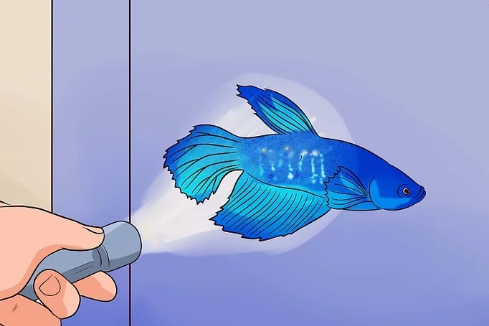
While having a nice clean tank gives your betta a better chance of staying healthy, there may be times when it will become sick.
A sick betta may refuse food – even if the food is top quality and their tank is spotless.
Solution: When this happens, you need to cure your betta fish if possible. If you do not recognize the illness, consider talking to a fish expert or consulting a vet.
Many common fish ailments can be cured using liquid solutions in the tank, and you can pick these up at your local pet shop.
While you shouldn’t panic if your betta skips a meal or two, you might want to consider acting if it stops eating for a while.
There are many reasons why your betta may be refusing food, and it is crucial that you observe your betta in order to best gauge the steps you must take.
For the most part, these are things which are as simple as cleaning their tank, giving them some medicine, or choosing the best food for your betta.
We’d love to hear from you! If you have any advice or stories about your picky betta, please share them in the comments below!

